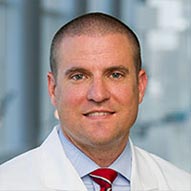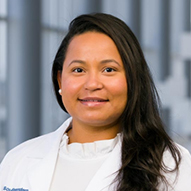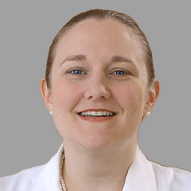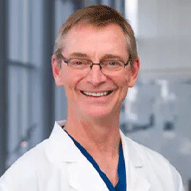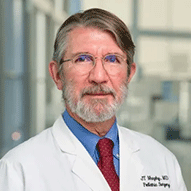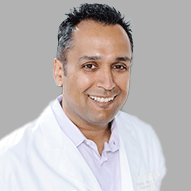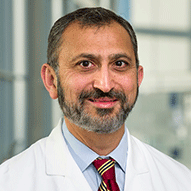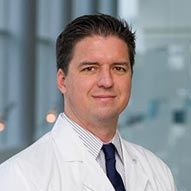Dallas
214-456-6040
Fax: 214-456-6320
Plano
469-497-2501
Fax: 469-497-2507
Park Cities
469-488-7000
Fax: 469-488-7001
Prosper
469-303-5000
Fax: 214-867-9511
Babies born with diaphragmatic hernias need prompt treatment. Our specialists are highly experienced in caring for these infants, ensuring they receive help breathing followed by surgery when they are stable.
214-456-6040
Fax: 214-456-6320
469-497-2501
Fax: 469-497-2507
469-488-7000
Fax: 469-488-7001
469-303-5000
Fax: 214-867-9511
Diaphragmatic hernias happen when the organs that are normally in the abdomen push into a baby's chest cavity. This is a problem because the lungs do not have the space they need to develop and expand properly. Babies born with diaphragmatic hernias – called congenital diaphragmatic hernias – have trouble breathing and getting enough air. Doctors will assess a newborn's health and provide the infant with the additional oxygen and breathing support they need before any surgery to repair the defect is done.
A prenatal diagnosis can be made by fetal ultrasound. If an ultrasound shows that your infant has a congenital diaphragmatic hernia, you should deliver your baby at a hospital experienced in immediately caring for and treating this condition.
The exact cause behind diaphragmatic hernias is not known. Babies born with diaphragmatic hernia have skin that appears blue (cyanosis) and may have trouble breathing and make grunting sounds, as a result.
Congenital diaphragmatic hernia (CDH) affects boys and girls, equally. Some babies with diaphragmatic hernia also have complex syndromes that can complicate treatment. CDH has a significant mortality risk based on the degree of respiratory compromise.
Because your baby’s lungs did not develop normally, sometimes, all best possible methods of oxygen exchange are unsuccessful. The baby might need extra. corporeal membrane oxygenation (ECMO). With ECMO, catheters are placed in the artery and vein, or just in the vein, of the neck. This is done to move the baby’s blood and exchange oxygen through a heart-lung machine outside the body. This action carries significant risks and complications. Those can include stroke, bleeding and infection. To give your baby the best chance at survival, we recommend delivery at a hospital that has a trained resuscitation team including an ECMO program.
Babies with breathing problems receive immediate treatment, including mechanical ventilation (breathing support) and continuous monitoring of their vital signs. Medications such as relaxants and pain relievers will help stabilize your newborn until they are healthy enough to have surgery to fix the defect
Surgery will place the organs where they were meant to be, if this is possible. Also, the opening in the diaphragm is closed. When the opening is too large, a mesh can be used to patch the opening.
